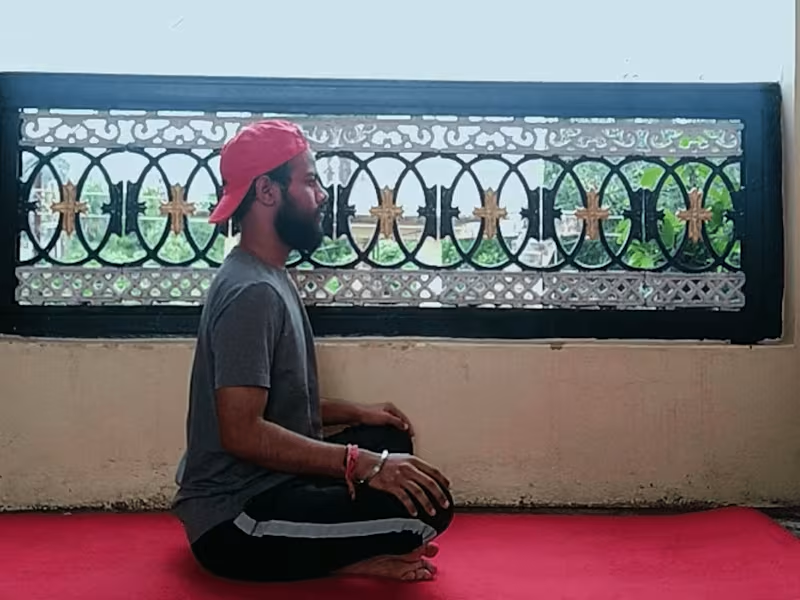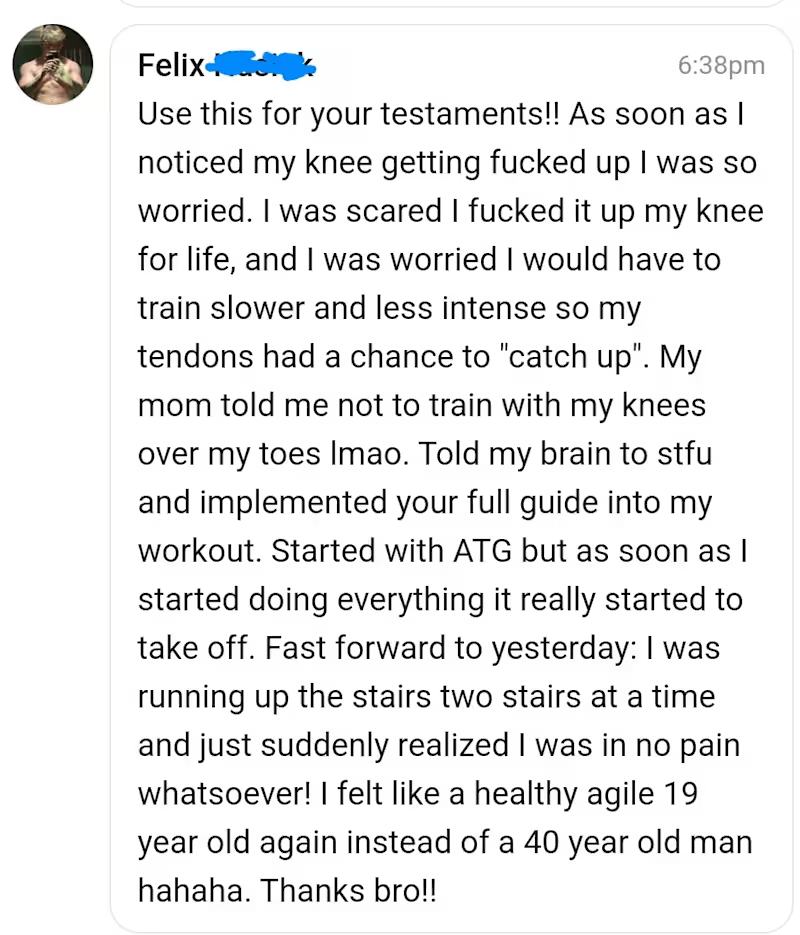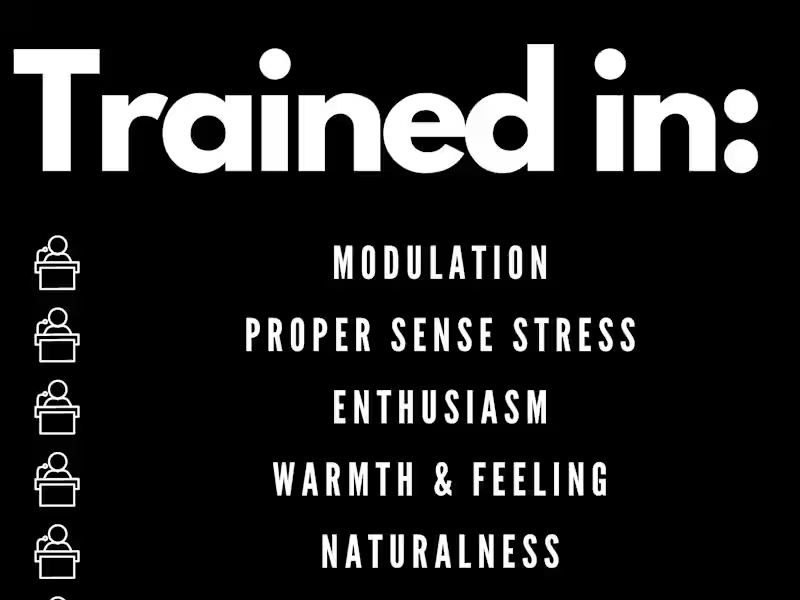Additional resources
What is a Personal Trainer
Certified Fitness Professional
Specialized Exercise Instructor
Health and Wellness Coach
Key Qualifications to Look for When Hiring a Personal Trainer
ACSM Certification
NASM Certification
ACE Certification
NSCA Certification
CPR and First Aid Training
Where to Find Personal Trainers
Local Gyms and Fitness Centers
Online Directories
Professional Networks
Social Media Platforms
How to Evaluate Personal Trainers for Hire
Check Credentials and Certifications
Review Client Testimonials
Assess Experience Level
Verify Insurance Coverage
Questions to Ask When Hiring a Personal Trainer
Step 1: Ask About Training Philosophy
Step 2: Inquire About Specializations
Step 3: Discuss Availability and Scheduling
Step 4: Request Success Stories
Step 5: Clarify Communication Methods
Step 6: Understand Cancellation Policies
Personal Training Services Pricing Models
Hourly Rates
Package Deals
Monthly Memberships
Group Training Options
Virtual vs In-Person Personal Training Services
Benefits of In-Person Training
Advantages of Virtual Sessions
Hybrid Training Models
Red Flags to Avoid When Employing a Personal Trainer
Lack of Proper Certification
No Liability Insurance
Unrealistic Promises
Poor Communication Skills
Inflexible Training Approach
How to Conduct Personal Trainer Interviews
Step 1: Prepare Your Goals and Expectations
Step 2: Schedule Trial Sessions
Step 3: Evaluate Teaching Style
Step 4: Assess Personality Fit
Step 5: Discuss Contract Terms
Legal Considerations When Hiring Personal Trainers
Service Agreements
Liability Waivers
Payment Terms
Intellectual Property Rights
Types of Specialized Personal Trainers
Senior Fitness Specialists
Youth Athletic Trainers
Post-Rehabilitation Trainers
Sports Performance Coaches
Corporate Wellness Trainers
Making Your Final Decision
Compare Multiple Candidates
Trust Your Instincts
Start with Short-Term Commitment
Set Clear Expectations





















































































